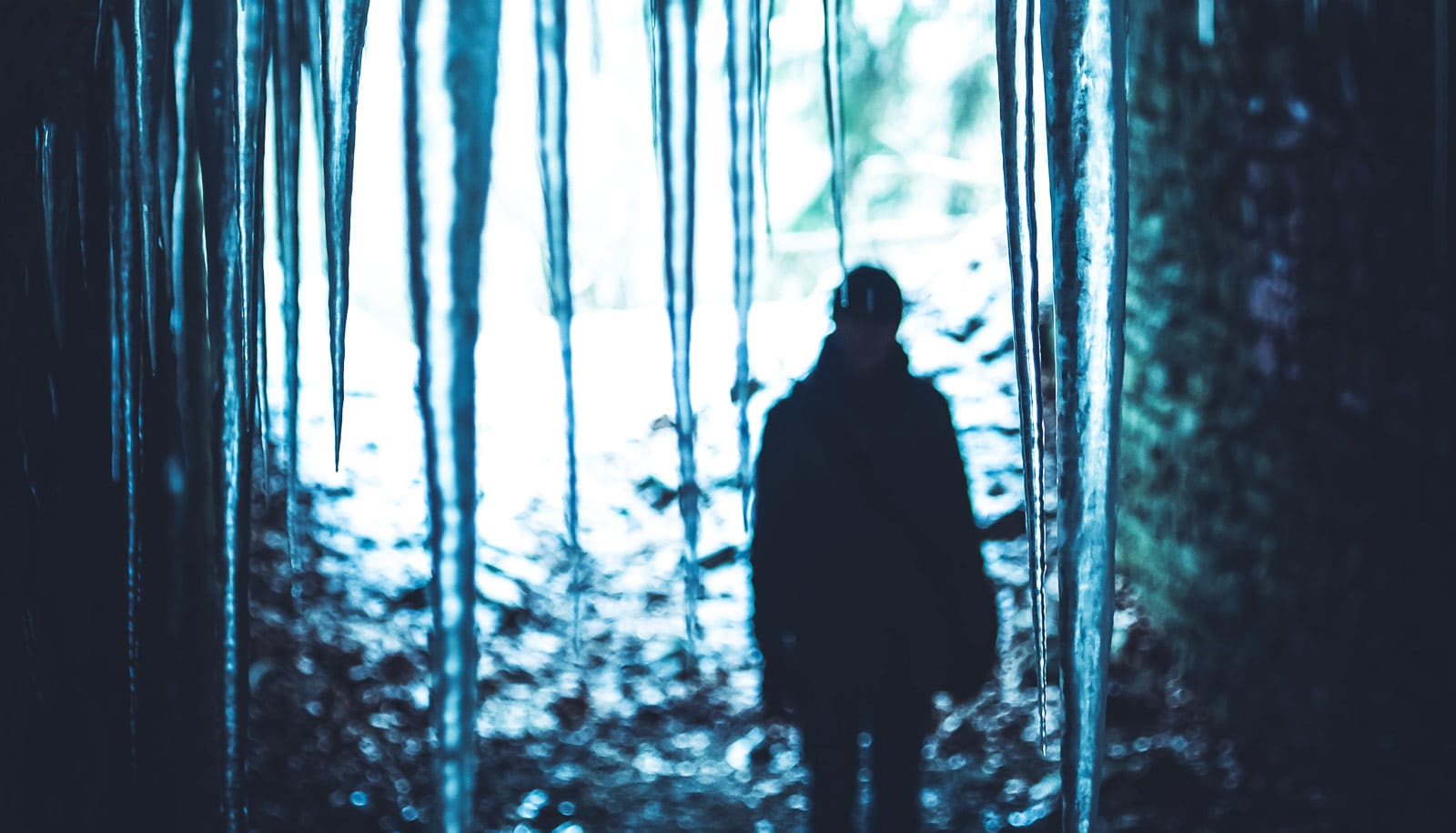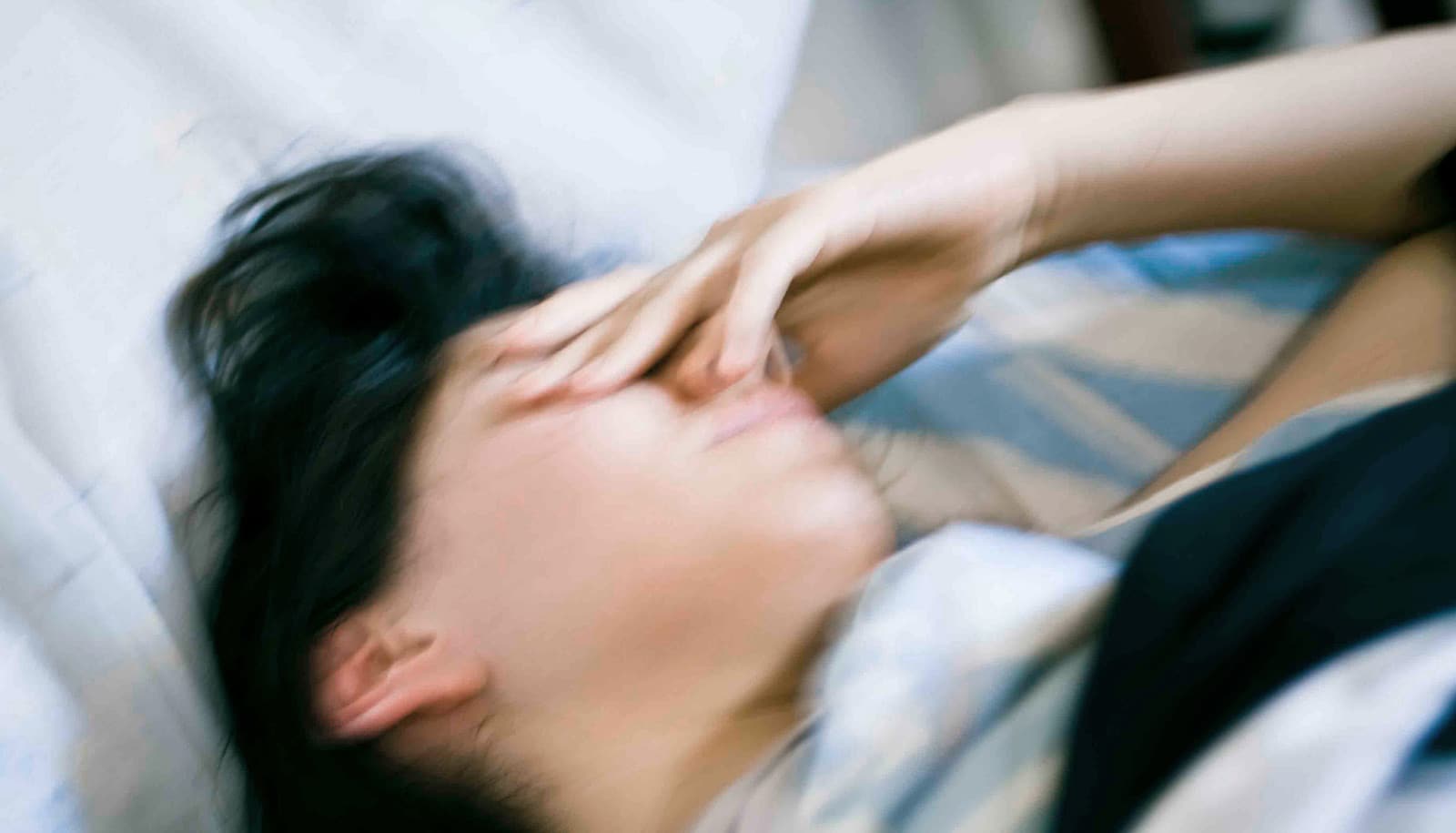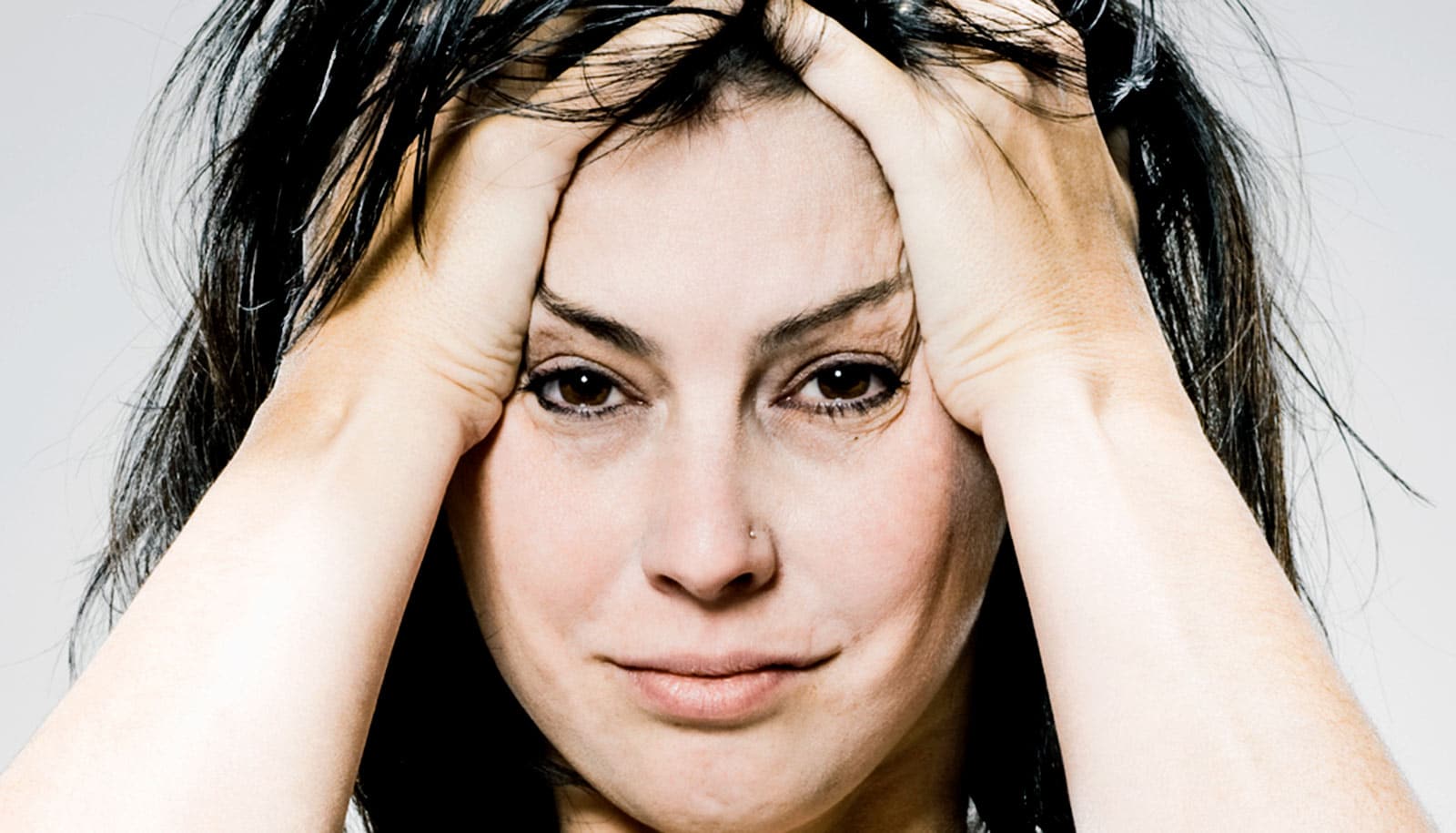If you’re experiencing unusual or scary dreams during the COVID-19 pandemic, there’s simple ways to get a better night’s sleep, says neurologist Patrick McNamara.
During the COVID-19 pandemic, some confess to crawling into bed at an earlier hour, while others have found themselves running on just a few hours of sleep to keep up with work and personal responsibilities.
Whether you’re getting a full eight hours, or drifting off for a quick snooze, many people have reported stirring restlessly in their sleep, disturbed by the strange figures, unusual places, or frightening scenarios that have appeared in their dreams.
Here, McNamara, associate professor of neurology at the Boston University School of Medicine and the VA New England HealthCare System, digs into how the coronavirus pandemic has affected our dreams. He also explains what we can do to prevent even the most intense ones from negatively affecting our sleep schedule and well-being:
Why are some people experiencing more vivid or unusual dreams during the coronavirus pandemic?
We normally process intense emotions, especially fear and threat, in or via REM sleep dreams. We can better integrate intense fear when the memories associated with that fear are simulated or symbolized in dreams, and then transferred into long-term memory stores.
If that threat is unusual, it takes longer to integrate it into long-term memory. As a result, dreams have a harder time processing the emotions, and the fear memory sits in working memory stores of REM sleep while waiting in line to get transferred into long-term memory—and in the meantime, keeps producing scary dreams.
We are more prone to these kinds of dreams if we are already under stress, and many people are facing more stress during the pandemic due to factors like losing their jobs, worrying about the health of themselves and loved ones, relationship conflicts, and so on.
Some people have also reported a rise in nightmares or night terrors during this time of self-quarantine. Do you have any tips for achieving a more restful night’s sleep or conquering nightmares?
If the nightmares are debilitating there are effective medications that can eliminate them, but most nightmares can be eliminated or reduced in frequency and intensity with simple cognitive restructuring techniques. You simply take the scariest image in the nightmare, say the monster chasing me, and then imaginally turn that image/monster into something less threatening, like my friend is chasing me. Then, construct and write out a story around that image. For example, my friend is chasing me to give me some important news. Do this simple exercise everyday for a week and you should feel a bit better.
What are the different types of dreams?
There are many. Ordinary dreams typically contain two to four familiar characters and one to two strangers just socially interacting in ordinary ways. Nightmares are scary dreams about ill-defined threats. Lucid dreams involve awareness that you are in fact dreaming. Visitation dreams involve an appearance in a dream of a dead relative or loved one such that the dreamer experiences the apparition as real. There are all kinds of other dream types, including erotic dreams, musical dreams, epic dreams, spiritual dreams, and so on.
Do dreams disrupt normal sleep patterns?
Not at all. Some theorists believe that dreams are necessary for restorative sleep. But, of course, nightmares do disturb sleep.
How does lack of sleep affect one’s emotional or physical well-being?
Sleep deprivation degrades executive cognitive functions like attention, concentration, cognitive processing speed, and so on. It also is associated with lowered ability to self-regulate emotions, so we become more irritable when we go without sleep.
How do sleep stages change throughout the duration of the night?
We have mostly non-REM sleep during the first half of the night and REM during the second half towards the morning.
Some folks have been tracking their pandemic dreams. Should we give bad or strange dreams additional thought once we wake up? Why or why not?
Most of the time it is healthy to pay some attention to dreams because the images in dreams carry emotional meanings that if talked about or reflected upon can be more easily integrated into long-term memory. Some dreams also carry images that signal internal bodily states including impending or oncoming illness or some kind. For that reason alone, we should try to pay attention to our dreams.
Source: Boston University



